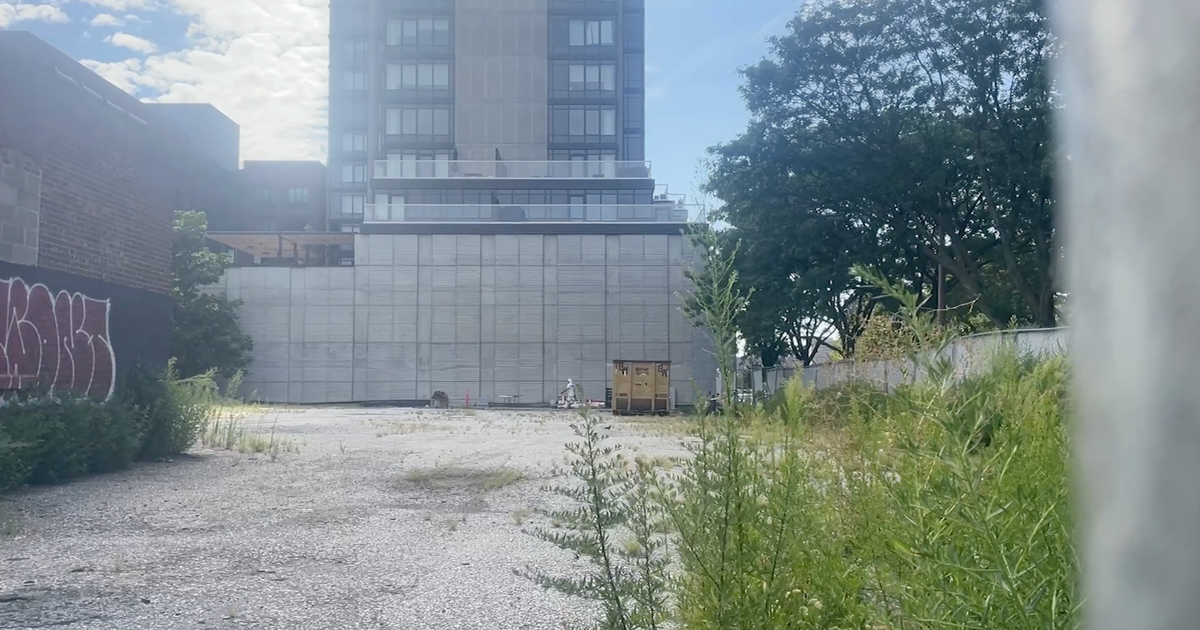
"Greenpoint, Brooklyn, has transformed dramatically over the past two decades. Its once-industrial waterfront is now lined with gleaming residential high-rises, but as the neighborhood's population swells, so do other community needs. Zachary Eisenstat, a father of two, has been closely following New York City's plan to build a new elementary school at 257 Franklin St., a site located diagonally across from the NuHart Superfund site, a former plastics manufacturer where toxic chemicals once leaked into the ground."
""I see no evidence that they would say it's safe and willing to work there if it's not," he said. Brooklyn Councilmember Lincoln Restler said he's confident in the city's decision. "It's not my first choice of where the school should have been built," Restler said. "But we've looked at it carefully, and I do think that it is safe ... So, the issue is primarily a perception issue.""
""So many people in my family have gotten sick" Laura Hofmann was a plaintiff in an unrelated environmental pollution lawsuit against ExxonMobil which ended in a settlement. The lifelong Greenpoint resident lives a block away and serves on the local community board's environmental committee. "I was the only person who voted no against the plan," Hofmann said. "I know I'm kind of like a lone voice in the neighborhood. Maybe that's because, you know, so many people in my family have got""
Greenpoint's waterfront has shifted from industrial uses to residential high-rises, increasing neighborhood population and infrastructure needs. The city plans an elementary school at 257 Franklin St., adjacent to the remediated NuHart Superfund area where two underground toxic plumes had been present. The remediated land has been redeveloped into housing, and city officials and some neighbors state the school site is safe after review and community meetings. Councilmember Lincoln Restler characterizes opposition largely as a perception issue. Longtime residents remain worried about health impacts; one resident, involved in past pollution litigation, voted against the school plan citing family illnesses.
Read at Cbsnews
Unable to calculate read time
Collection
[
|
...
]